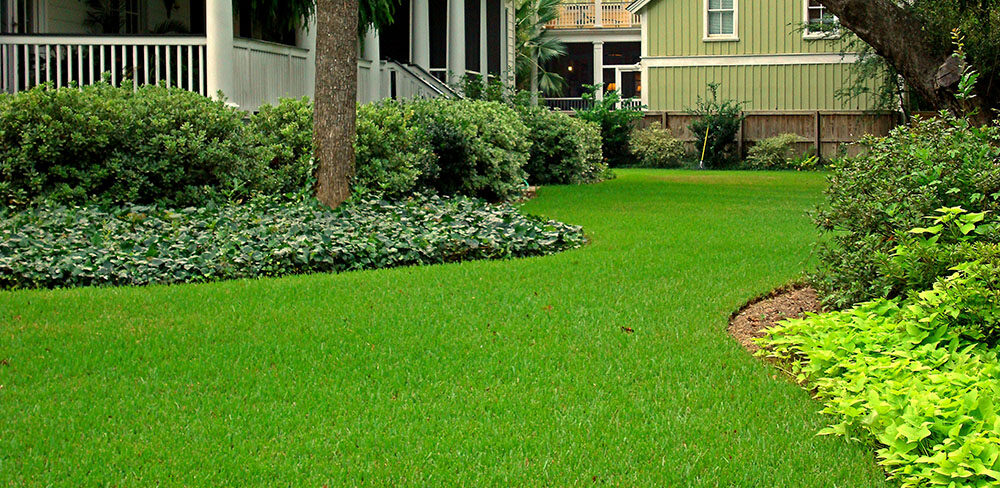Bermuda Grass: The Natural Solution for Weed Resistance in Your Lawn
Are you tired of constantly battling weeds in your lawn? Look no further than Bermuda grass for a natural solution to weed resistance. This hardy grass species is known for its ability to outcompete weeds, making it a popular choice for homeowners and landscapers alike. In this article, we will explore the benefits of using Bermuda grass for weed control and provide tips for establishing and maintaining a weed-resistant lawn.
Understanding weed resistance
Before we dive into the benefits of Bermuda grass, it’s important to understand what weed resistance is and how it occurs. Weed resistance is the ability of a plant to survive and reproduce despite exposure to herbicides. This occurs when a population of weeds develops genetic mutations that make them resistant to the chemicals used for control. Factors that contribute to weed resistance include overuse of herbicides, improper application, and lack of rotation.
Why Bermuda grass is resistant to weeds
Bermuda grass has a natural ability to resist weeds, thanks to its growth habits and nutritional requirements. This grass species has a dense root system that outcompetes weeds for nutrients and water. Bermuda grass also has a high tolerance for drought and heat, making it a hardy plant that can survive in adverse conditions. Additionally, Bermuda grass requires regular fertilization, which helps it maintain its competitive advantage over weeds.
Benefits of using Bermuda grass for weed control
Using Bermuda grass for weed control has several benefits, including reduced need for herbicides, increased soil health, and improved aesthetic value. Because Bermuda grass is naturally resistant to weeds, it requires less herbicide to maintain a weed-free lawn. This reduces the risk of herbicide resistance and helps protect the environment. Additionally, Bermuda grass helps improve soil health by reducing erosion and increasing soil organic matter. Finally, Bermuda grass has a beautiful, manicured appearance that enhances the overall aesthetic value of any landscape.
How to establish Bermuda grass for weed resistance
Establishing Bermuda grass for weed resistance requires proper soil preparation, seed selection, and planting techniques. Begin by removing any existing weeds and improving soil fertility through fertilization and soil amendments. Select a high-quality Bermuda grass seed that is adapted to your region and planting zone. Finally, plant the seed using proper techniques such as aeration and overseeding.
Maintenance practices for Bermuda grass weed resistance
Maintaining a weed-resistant Bermuda grass lawn requires regular fertilization, irrigation, and mowing. Fertilize the lawn with a balanced fertilizer at least twice a year, once in the spring and once in the fall. Irrigate the lawn deeply and infrequently, allowing the soil to dry out between watering. Finally, mow the lawn frequently, removing no more than one-third of the grass blade at a time.
Conclusion
In conclusion, Bermuda grass is a natural solution to weed resistance that offers several benefits to homeowners and landscapers. By understanding weed resistance and the benefits of Bermuda grass, you can establish and maintain a beautiful, weed-free lawn. For more information on lawn care and landscaping, visit A1 Grass, your one-stop-shop for premium grass and landscape supplies.
FAQs
1. Is Bermuda grass invasive?
No, Bermuda grass is not considered invasive if properly maintained and contained within a lawn or landscape.
2. How long does it take for Bermuda grass to establish?
Bermuda grass can take anywhere from 2-4 weeks to establish, depending on soil and weather conditions.
3. Can Bermuda grass be grown from seed?
Yes, Bermuda grass can be grown from seed. However, it is important to select a high-quality seed that is adapted to your region and planting zone.
4. Is Bermuda grass drought-tolerant?
Yes, Bermuda grass is highly drought-tolerant and can survive extended periods of drought with proper irrigation.
5. How often should I mow my Bermuda grass lawn?
Bermuda grass should be mowed frequently, removing no more than one-third of the grass blade at a time. The frequency of mowing will depend on the growth rate of the grass and weather conditions.
- Bermuda Grass for High-Traffic Areas: Top Resilient Landscaping Solution for 2024
- ZeroScape Landscaping Designs: Crafting a Drought-Tolerant Garden
- Mastering Hardscape Installation in the Dallas-Fort Worth Area: Tips for Success
- Choosing the Perfect Hardscape Materials: A Guide to Enhancing Your Outdoor Space
- 5 Affordable Hardscape DIY ideas: Transform Your Outdoor Space without Breaking the Bank




